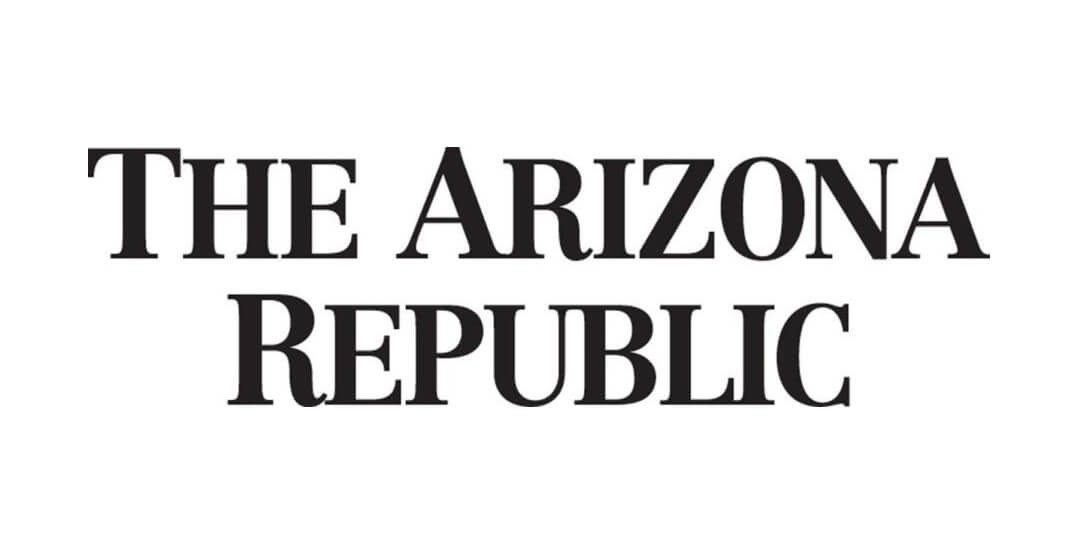Richard Lavallee is a software engineer, Arizonan and former Republican. He says he started to feel overwhelmed by the idea of climate change after years of hearing about burning rainforests and melting glaciers. His daughters also influenced his sense that this was a serious problem.
Then he watched a PBS Frontline special about the consequences of climate change and the fossil fuel industry's role in delaying solutions, and knew he had to act...
Lavallee is not alone in his distress about widespread climate denial. A study published June 21 in the journal Proceedings of the National Academy of Sciences came about when three researchers at three different universities in three separate parts of the country realized they were stuck on the same question: Why, with public access to accurate scientific information about climate change at an all-time high, do misperceptions stubbornly persist?
To find an answer, they set up an experiment in which they asked more than 4,000 study participants about their views on climate change and their political affiliations. Then, over a four-week period, participants were asked to read one article per week that had been categorized as either factual science news, partisan coverage of climate change, skeptical opinion content or an unrelated topic.
"We found that exposure to science news about climate change does make people better informed about what climate change is and the threats it represents," said Ethan Porter, one of the authors of the study and an associate professor in the School of Media and Public Affairs at George Washington University. "However, that initial accuracy boost fades pretty quickly. What we observed is that people’s views tend to kind of snap back to their original opinion (over time)."


